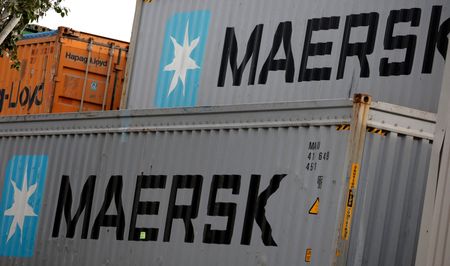By Gianluca Lo Nostro
(Reuters) -British telecoms infrastructure group Helios Towers reported on Thursday a higher than expected number of tenancies in the first three months of this year as mobile operators rented more towers for their cellular networks.
First-quarter tenancies – the number of tower spaces leased to telecoms customers – rose 8.6% to 30,074 from a year ago.
Analysts expected 29,983 tenancies, according to a consensus poll compiled by the company.
Helios builds, owns and manages more than 14,000 sites in Africa and the Middle East, where service providers outsource and share telecoms infrastructure, such as towers and masts.
The company is betting on demand from African countries, as rapid population growth and higher mobile penetration is expected to drive demand for digital connectivity, including 5G and artificial intelligence.
One of its largest markets is the Democratic Republic of Congo, which has been rocked by a conflict between Rwandan-backed rebels and Congolese forces.
Helios’ CEO Tom Greenwood confirmed that the parties involved in the conflict have avoided targeting telecommunications.
“The services continue, it’s essential communication,” he told Reuters in an interview after visiting the war-torn country.
Congolese authorities on Friday granted a licence to Elon Musk’s Starlink service, lifting a previous ban imposed over concerns that eastern rebels might use it for internet access.
Satellite internet can reach remote areas without extensive ground infrastructure, sometimes offering the quickest path to connectivity especially to regions with vast rural populations.
Still, Greenwood said satellite companies, including Starlink, are seen by Helios as a complement to terrestrial networks, filling in gaps where towers cannot be installed or would be uneconomical.
Earlier on Thursday, the London-listed company confirmed its annual guidance, despite flagging broader economic uncertainty.
Quarterly earnings reached $111.1 million, matching analysts’ forecasts.
(1 euro = $1.1291)
(Reporting by Gianluca Lo Nostro; Editing by Susan Fenton, Louise Heavens and Tomasz Janowski)








